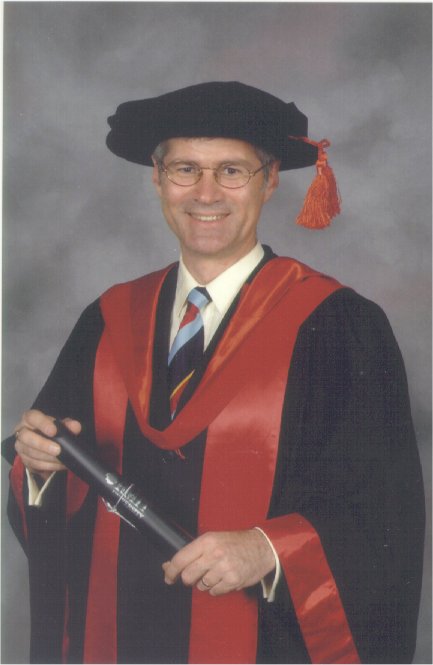

"How do senior managers deal with sustainability issues?"
Description of Research Journey
I commenced PhD research mid-1999 to understand why some organisations deal with issues well, while others never seem to get on with things. I previously noticed a pattern in the behaviour of senior managers who got on with dealing with issues, but I was unable to articulate what I perceived other than to say that leadership was the key. Sustainability was selected to focus the thesis, because of the urgency to deal with it faced by contemporary organisations. Nevertheless, it was defined by me as part of a broader family of obligatory and externally imposed (OEI) issues that include issues such as quality, safety and equality.
Having secured several chief executives willing to discuss how they dealt with sustainability issues, transcripts of interviews were prepared and subjected to a discourse analysis using a positioning theory framework. Oxford University Professor Rom Harré’s positioning theory puts forth that people define themselves and others though discursive action. In other words, identity is derived from ordinary conversation. From working through citations, I noticed a strong influence on Harré’s seminal positioning theory work in Collège de France Professor Michel Foucault’s theories. I returned to Foucault to further develop positioning theory in such a way that Harré chose to include my work as Chapter 16 of his second positioning theory text book, The Self and Others: Positioning Individuals and Groups in Personal, Political, and Cultural Contexts.
My PhD thesis shows that, while culture – defined by an understanding of rights, duties, morals and actions – determines conversation and the subsequent creation of selves, the reverse is true. By adopting alternate positioning and engaging in appropriate conversation culture can be changed. Specifically, I identified patterns of positioning and conversation initiated by senior managers through which culture was aligned with organizational intentions of dealing with sustainability issues.
Being involved with several clients during the period of completing this PhD research, I was able to apply my theory to real situations. Through reflecting on my career, I realised that his theory enabled me to articulate why some organisations were able to get on with dealing with issues while others floundered. At that point I knew I was complete and able to write up his thesis.
I interpret my results to suggest that, in a business sense, corporate leaders will not bother to deal with sustainability (or other OEI) issues unless they have to. This is because they do not directly contribute to their primary concern - to increase shareholder value. Sustainability issues are dealt with only when there is a need to satisfy regulation, customer expectation, or public pressure and thereby avoid some real financial cost. I also wonders if altruism can only be practiced by those who are satisfied that their life goals have been achieved.
Those CEOs who deal with sustainability issues challenge inappropriate rights that people may have, ensure necessary duties are defined and accepted, establish a moral order congruent with organisational aims, and require themselves and others to engage in actions that reinforce re-enforce these rights duties and morals. In short, they challenge people, frame solutions, and establish a sense of right and wrong. All this happens while ensuring appropriate action takes place.